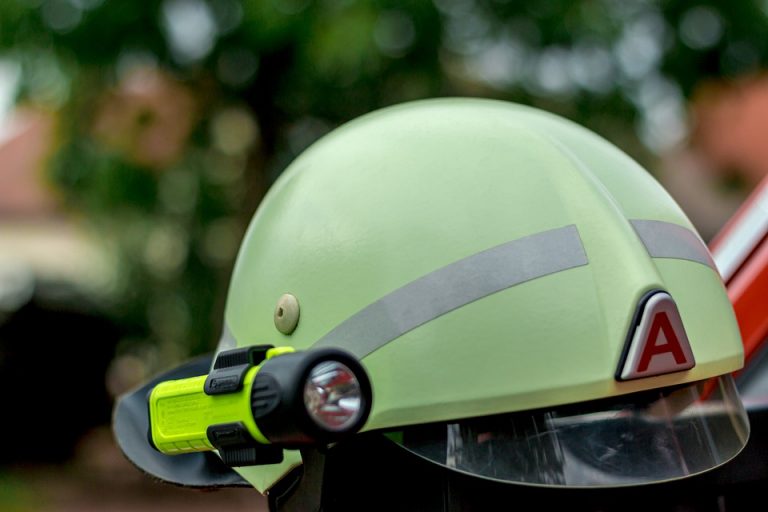Blockchain development isn’t just a buzzword; it’s the backbone of a digital revolution. If you’re diving into this field, you need to equip yourself with the right skills. Let’s explore the seven essential skills for successful blockchain development that will set you apart.
Contents
- What is Blockchain Development?
- 1. Proficiency in Programming Languages
- 2. Understanding Cryptography
- 3. Knowledge of Distributed Ledger Technology (DLT)
- 4. Smart Contract Development
- 5. Familiarity with Blockchain Platforms
- 6. Analytical and Problem-Solving Skills
- 7. Soft Skills and Collaboration
- Bottom Line
What is Blockchain Development?
Blockchain development involves creating and maintaining decentralized applications (dApps) and smart contracts. It’s a complex yet rewarding field that plays a crucial role in various industries, from finance to healthcare. Understanding the intricacies of blockchain technology is vital because it directly impacts security, transparency, and efficiency in transactions.
Why Does It Matter?
In the age of digital transactions, blockchain offers solutions to some of the most pressing challenges, such as fraud and data security. By mastering the skills needed for blockchain development, you’re not just enhancing your career prospects; you’re contributing to a transformative technology that can change lives.
1. Proficiency in Programming Languages
To navigate the blockchain landscape, you must be fluent in programming languages.
-
Solidity: This is the go-to language for Ethereum smart contracts. If you want to build decentralized applications, you need to know this inside and out.
-
JavaScript: Essential for creating user interfaces and interacting with blockchain networks. It’s versatile and widely used.
-
Python: Known for its simplicity, Python is excellent for writing scripts and developing applications quickly.
Having a strong grip on these languages will give you the technical edge you need to succeed.
2. Understanding Cryptography
In blockchain, security is paramount. That’s where cryptography comes into play. Here’s what you should know:
-
Hash Functions: These ensure data integrity. You’ll need to understand how to implement and work with hash functions.
-
Public and Private Keys: These are crucial for secure transactions. Knowing how to manage and use them is a must.
By grasping these concepts, you’ll ensure the integrity and security of your blockchain applications.
3. Knowledge of Distributed Ledger Technology (DLT)
Blockchain is just one type of DLT. Understanding the different types and their applications is crucial.
-
Public vs. Private Blockchains: Know the differences, including use cases and security implications.
-
Consensus Mechanisms: Familiarize yourself with methods like Proof of Work (PoW) and Proof of Stake (PoS). Each has its pros and cons.
Understanding DLT will enable you to choose the right technology for your projects, making you a more effective developer.
4. Smart Contract Development
Smart contracts are self-executing contracts with the terms of the agreement directly written into code. Here’s why they matter:
-
Automation: They eliminate the need for intermediaries, saving time and reducing costs.
-
Security: Once deployed, they can’t be altered, ensuring that the terms are immutable.
To excel in blockchain development, you must know how to design, write, and deploy smart contracts. Familiarity with frameworks like Truffle or Hardhat can give you a significant advantage.
5. Familiarity with Blockchain Platforms
Different platforms serve different purposes. Here are a few you should consider:
-
Ethereum: The most popular platform for dApps and smart contracts.
-
Hyperledger: An open-source project designed for enterprise solutions.
-
Ripple: Known for its focus on cross-border payments.
Understanding these platforms will help you choose the best one for your project and allow you to leverage their unique features.
6. Analytical and Problem-Solving Skills
Blockchain development isn’t just about coding; it requires a sharp analytical mind.
-
Debugging: You need the ability to troubleshoot issues quickly. This means not just finding bugs but understanding their root causes.
-
Optimizing Performance: Understanding how to improve the efficiency of your applications is vital. This includes optimizing smart contracts to reduce gas fees.
The more adept you are at solving problems, the more valuable you’ll be as a developer.
7. Soft Skills and Collaboration
Technical skills are crucial, but don’t overlook the importance of soft skills.
-
Communication: You’ll often need to explain complex technical concepts to non-technical stakeholders. Strong communication skills will help you bridge that gap.
-
Team Collaboration: Many blockchain projects involve diverse teams. Being a team player will enhance your projects’ success and foster innovation.
Building Your Skill Set
Now that you know the skills you need, how do you go about acquiring them?
-
Online Courses: Platforms like Coursera and Udacity offer specialized courses in blockchain development.
-
Networking: Join forums and attend meetups. Engaging with the community can provide insights and opportunities you might not find elsewhere.
-
Hands-On Projects: The best way to learn is by doing. Try building your own dApps or contributing to open-source projects.
Resources for Continuous Learning
- Ethereum.org for smart contract resources
- Coursera Blockchain Courses for structured learning
- Medium for the latest trends and articles from industry experts
Bottom Line
Mastering the essential skills for successful blockchain development is your ticket to a rewarding career in a field that’s reshaping industries. Embrace the journey of learning, and you’ll find yourself not just in demand but making a real difference in the world.
Ready to dive into blockchain development? Start learning today!
FAQs
What are the most important programming languages for blockchain development?
Solidity, JavaScript, and Python are key languages you should focus on.
How does blockchain ensure security?
Through cryptography, decentralized consensus, and immutability of data.
Can I start learning blockchain development without a tech background?
Absolutely! Many resources cater to beginners, and a passion for learning is the most important factor.
By investing in these skills and continuously learning, you will position yourself as a sought-after blockchain developer. So, take that first step today!








